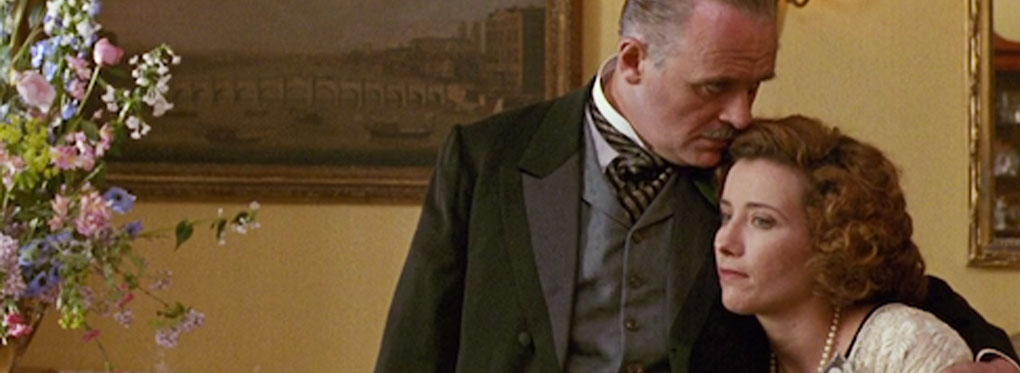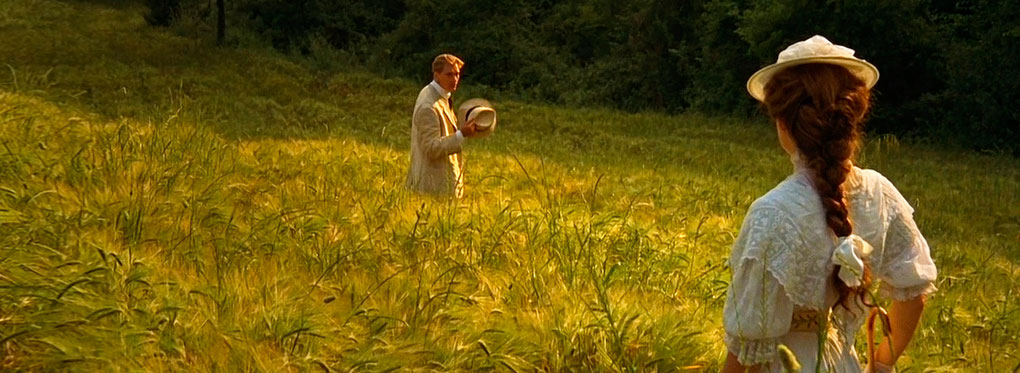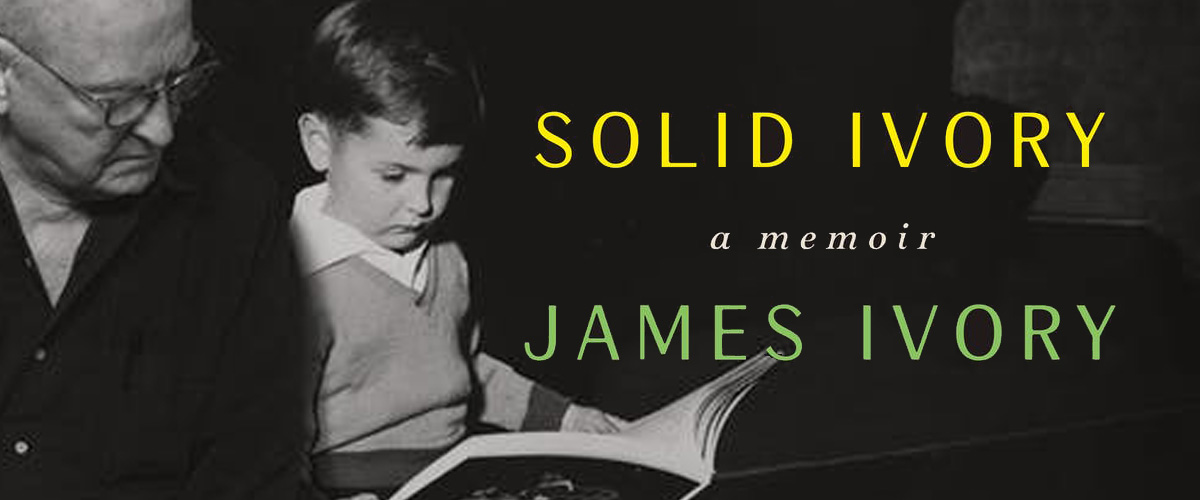x
Helen, Queen of the Nautch Girls
Helen, Queen of the Nautch Girls, a 30-minute documentary film that looks at an aspect of Indian culture from a rather whimsical angle, has always been a popular Merchant Ivory film. The idea for the documentary came from Anthony Korner, an associate of Merchant Ivory's in the period, and now the publisher of Art Forum. It was directed and narrated by him, but the scenario was devised by...
Helen, Queen of the Nautch Girls, a 30-minute documentary film that looks at an aspect of Indian culture from a rather whimsical angle, has always been a popular Merchant Ivory film. The idea for the documentary came from Anthony Korner, an associate of Merchant Ivory's in the period, and now the publisher of Art Forum. It was directed and narrated by him, but the scenario was devised by Ivory. The subject of the film, which cost a modest $17,000 to make, is the most popular dancer in Bombay musical films -- so much so that since 1957 she had appeared in five hundred of them. In part the movie is a montage of scenes from her pictures and of the opening sequence in Bombay Talkie in which Helen dances with Shashi Kapoor on the keys of a giant red typewriter. Indian musical films that provided the background ofBombay Talkie now come to life before the bemused viewer. Stepping neatly around the puritanic codes governing Indian films that forbid direct sexual contact (even kissing), the musicals project sexuality fervently through innuendo -- in teasing situations and the sensuality of Helen's dancing. Extravagantly romantic fantasies are the stuff of this popular art form, of which Helen is clearly "queen."
More About Helen, Queen of the Nautch Girls
x
The Deceivers
In the early 1980's Merchant first set in motion a project of which he had long dreamed, and that he was to do outside of his usual collaboration with Jhabvala and Ivory, the making of The Deceivers. The Deceiversis adapted from the John Masters novel, set in India in 1825, which depicts the exploits of William Savage (based on William Sleeman of the Indian Political Service), who disguises ...
In the early 1980's Merchant first set in motion a project of which he had long dreamed, and that he was to do outside of his usual collaboration with Jhabvala and Ivory, the making of The Deceivers. The Deceiversis adapted from the John Masters novel, set in India in 1825, which depicts the exploits of William Savage (based on William Sleeman of the Indian Political Service), who disguises himself as an Indian in order to expose and destroy a secret cult whose members, the infamous Thugees, ritually murdered and robbed travelers in the name of the goddess Kali. Merchant had read the novel years before, been struck by it, and later decided to film it. The movie was slow in getting into production, however, and once into that stage presented such an array of problems as to stagger even Merchant. An entire book, Hullabaloo in Old Jeypore: The Making of "The Deceivers", was needed for Merchant to set down all that occurred.
More About The Deceivers
News
x
Helen, Queen of the Nautch Girls
Helen, Queen of the Nautch Girls, a 30-minute documentary film that looks at an aspect of Indian culture from a rather whimsical angle, has always been a popular Merchant Ivory film. The idea for the documentary came from Anthony Korner, an associate of Merchant Ivory's in the period, and now the publisher of Art Forum. It was directed and narrated by him, but the scenario was devised by...
Helen, Queen of the Nautch Girls, a 30-minute documentary film that looks at an aspect of Indian culture from a rather whimsical angle, has always been a popular Merchant Ivory film. The idea for the documentary came from Anthony Korner, an associate of Merchant Ivory's in the period, and now the publisher of Art Forum. It was directed and narrated by him, but the scenario was devised by Ivory. The subject of the film, which cost a modest $17,000 to make, is the most popular dancer in Bombay musical films -- so much so that since 1957 she had appeared in five hundred of them. In part the movie is a montage of scenes from her pictures and of the opening sequence in Bombay Talkie in which Helen dances with Shashi Kapoor on the keys of a giant red typewriter. Indian musical films that provided the background ofBombay Talkie now come to life before the bemused viewer. Stepping neatly around the puritanic codes governing Indian films that forbid direct sexual contact (even kissing), the musicals project sexuality fervently through innuendo -- in teasing situations and the sensuality of Helen's dancing. Extravagantly romantic fantasies are the stuff of this popular art form, of which Helen is clearly "queen."
More About Helen, Queen of the Nautch Girls
x
James Ivory Takes Home the Oscar for Best Adapted Screenplay
James Ivory, screenwriter of Call Me by Your Name, took home the Oscar for Best Adapted Screenplay at Sunday’s Academy Awards at the age of 89, making him the oldest recipient in the history of the Oscars. While this might have been Ivory’s first win, it certainly wasn’t his first nomination. The producer and director was previously in the running for Best Director for three of ...
James Ivory, screenwriter of Call Me by Your Name, took home the Oscar for Best Adapted Screenplay at Sunday’s Academy Awards at the age of 89, making him the oldest recipient in the history of the Oscars. While this might have been Ivory’s first win, it certainly wasn’t his first nomination. The producer and director was previously in the running for Best Director for three of his Merchant Ivory films: 1985’s A Room with a View, 1992’s Howards End and 1993’s The Remains of the Day.
More About James Ivory Takes Home the Oscar for Best Adapted Screenplay
Social
Dec 31
Subscribe now and stay up to date
Stay up to date on new releases and re-releases of your favorites





